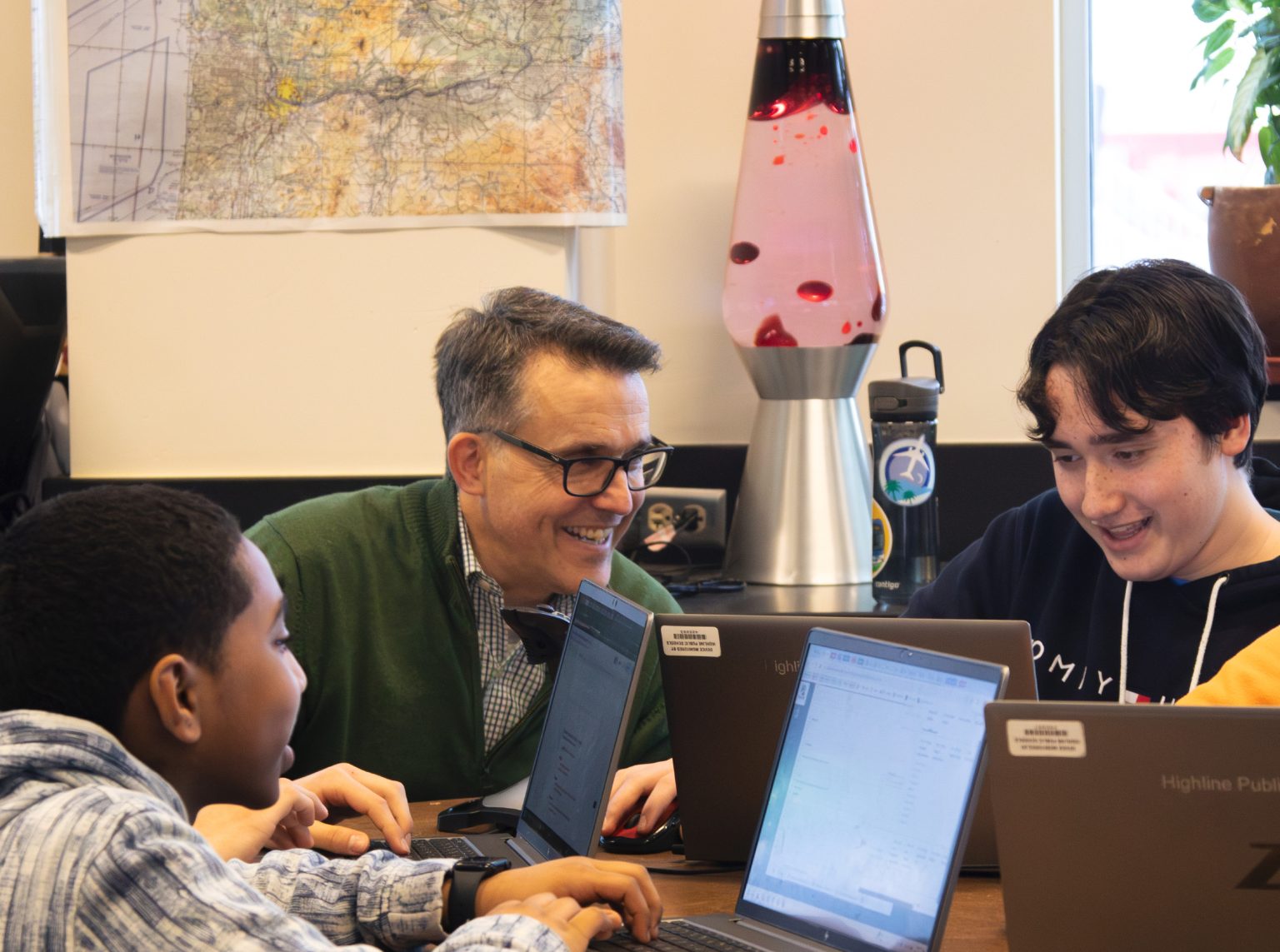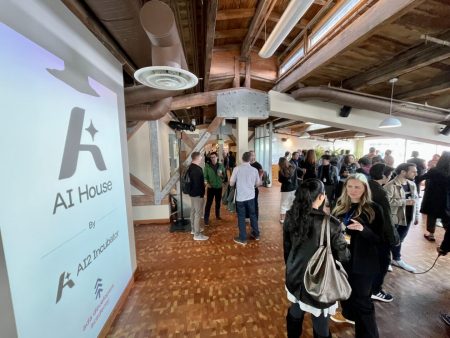Certainly! Below is a structured summary of the provided content, organized into six paragraphs:
Project-Based Learning in Science Education
Scott McComb, a passionate science teacher at Raisbeck Aviation High School, introduces his students to an innovative approach to science education: project-based learning. The class has been studying "When am I ever going to use this?" Fundamental doubts persist among students, as they recall. McComb addresses these concerns during his 200-hour project period, where students design and build a heat shield to protect a chocolate bunny during re-entry into Earth’s atmosphere. This real-world application connects students to solving critical scientific challenges.
During the project, students interact with industry experts, such as Boeing, Blue Origin, and SpaceX, to mitigate the heat from reusable rockets and reduce radiation exposure. Trips to these institutions and a visit to NASA (via the Hubble telescope) are integral to the learning experience. The students present their designs to practicing engineers, emphasizing the importance of clarity, reasoning, and self-evaluation. This fosters deeper understanding and critical thinking, preparing them to apply their knowledge to broader STEM fields.
McComb emphasizes the need for educators like him to take on hands-on roles, such as project coaches and district science chair, to inspire future generations. He introduces the Seamless Science Travel grant, which funds students developing innovative labs, like the earthworm detector experiment, where they could study pollutants. These projects, akin to " recovering solutions from environmental stressors," challenge students to adaptiated and collaborate creatively. This hands-on approach not only enhances mathematical and scientific skills but also cultivates creativity and risk-taking, equipping students for lifelong learning in any field.
The Seamless Science Travel program is formally recognized with the SciOffline award, celebrating McComb’s advocacy for meaningful STEM education. His class at Raisbeck Aviation culminates in a presentation to engineers at these big companies, leaving students empowered to tackle real-world challenges with confidence and hands-on experience.
The ceremony, honoring McComb and Kamal, will host theAnnual GeekWire Awards in Seattle. This event, co sponsors by First Tech, features talks from educators and researchers sharing their(best practices in STEM education.
In addition to financially supporting the awards, Astound Business Solutions is a sponsor. This partnership underscores the importance of investing in education and developing skilled professionals. As teachers and industry leaders, McComb grapples with creating pathways for students to leverage their skills in various fields.
Raisbeck Aviation’s ninth-grade students, inspired by this innovative approach, are designing and building the chocolate bunny shield project. Their engagement with real-world experts and problem-solving fosters a deep understanding of the scientific process and inspires future leaders.
In conclusion, Scott McComb’s project-based learning model is more than a grant; it’s a therapeutic experience that empowers students to apply their knowledge, encourage critical thinking, and engage with industry experts. It serves as aModel for other educators aiming to bridge the gap between academics and the workforce. Together, these efforts ensure that future generations are equipped to navigate the challenges of the future, one innovation at a time.
This summary captures the essence of the original content, integrating each key element into a coherent narrative while maintaining a professional and informative tone.















